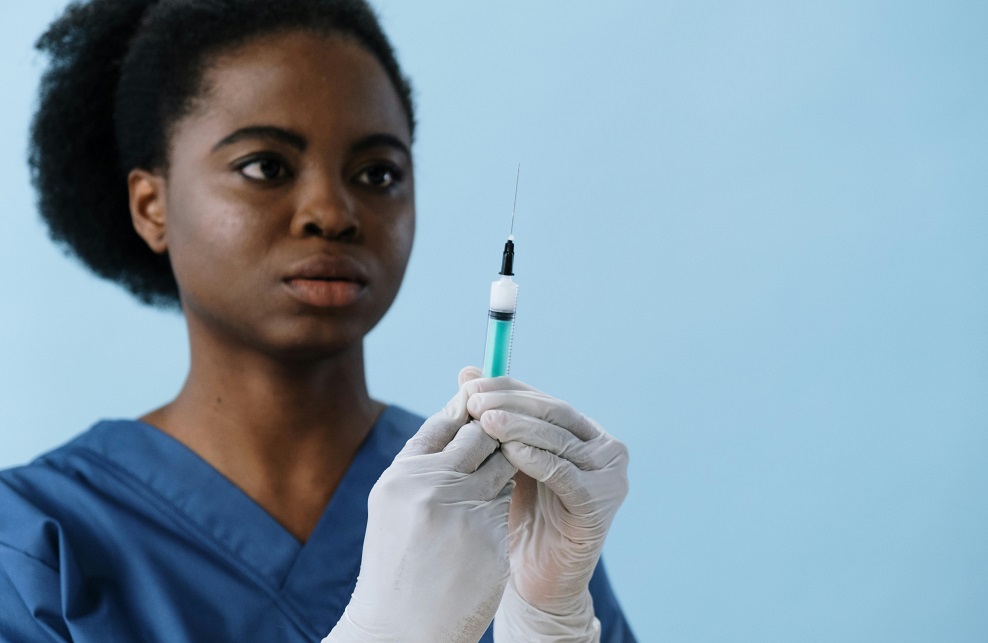All about vaccines

In South Africa, vaccination programmes have saved countless lives, and continue to play a crucial role in keeping the population healthy. By staying informed and making sure you and your loved ones are vaccinated, you’re contributing to a healthier, safer society.
What Are Vaccines?
Definition and Purpose of Vaccines
Vaccines are substances designed to protect your body from certain diseases. Think of them as training exercises for your immune system. When you get a vaccine, it prepares your body to fight off infections caused by viruses or bacteria, so if you’re exposed to the real thing, your body can respond more quickly and effectively.
Vaccines are especially important in South Africa, where infectious diseases like measles, tuberculosis (TB), and polio have been common in the past. Thanks to vaccines, these diseases are now much less of a threat. For example, the Expanded Programme on Immunisation (EPI) run by the South African Department of Health offers free vaccines to children to protect against diseases like polio and TB¹.
How Vaccines Have Revolutionised Public Health
Vaccines have been one of the most effective tools for improving public health in South Africa and around the world. Diseases that once caused widespread illness and death—such as smallpox—have been eradicated, and others, like measles and polio, have been controlled. This has dramatically improved the quality of life, especially for children.
In South Africa, the introduction of vaccines has drastically reduced deaths from diseases like measles. The country’s strong immunisation programme has made diseases like diphtheria and polio very rare. Without vaccines, these diseases could make a deadly comeback.
How Do Vaccines Work?
The Science Behind How Vaccines Protect Against Diseases
Vaccines work by helping your immune system recognize and fight harmful germs like viruses or bacteria. When you get a vaccine, you’re usually injected with a small, harmless part of the germ (or something that looks like it). This doesn’t make you sick, but it “teaches” your immune system to recognize and destroy the germ if you’re ever exposed to it in the future.
This process is similar to how your immune system works when you get an infection naturally, but with vaccines, you avoid getting the full-blown disease.
Explanation of Immunity, Including Herd Immunity
Immunity means your body can fight off a particular disease. There are two ways to become immune:
- By catching the disease and recovering.
- By getting vaccinated.
Vaccines offer a much safer way to gain immunity compared to getting sick. When enough people in a community are vaccinated, it creates herd immunity. This means the disease has a hard time spreading because most people are already protected. This is important for people who can’t be vaccinated, like infants or those with weak immune systems².
In South Africa, herd immunity was a key goal during the COVID-19 vaccination rollout. The idea was to vaccinate a large portion of the population to slow down the spread of the virus and protect the most vulnerable³.
Find more about herd immunity and vaccines here².
Pros and Cons of Vaccines
Benefits of Vaccination for Individuals and Communities
For Individuals:
- Protection from Diseases: Vaccines protect you from serious diseases that can lead to hospitalisation, long-term disability, or death.
- Reduced Healthcare Costs: Vaccines can prevent expensive treatments for diseases like pneumonia or meningitis.
- Long-term Protection: Many vaccines offer lifelong protection after a few doses.
For Communities:
- Prevents Outbreaks: When most people are vaccinated, outbreaks of diseases like measles are less likely to happen.
- Protects Vulnerable People: Herd immunity helps protect babies, the elderly, and those with weakened immune systems who can’t get vaccinated.
Common Misconceptions and Potential Side Effects
Common Misconceptions:
- “Vaccines cause autism”: This myth has been thoroughly debunked by numerous scientific studies, including research by the World Health Organization (WHO). Vaccines are safe and do not cause autism⁴.
- “Vaccines aren’t necessary anymore”: While diseases like polio and measles are rare in South Africa, they can come back if people stop getting vaccinated.
Potential Side Effects: Like any medicine, vaccines can cause side effects, but they are usually mild and go away on their own. Common side effects include:
- A sore arm where the shot was given.
- Mild fever.
- Fatigue.
Serious side effects are extremely rare. In South Africa, the South African Health Products Regulatory Authority (SAHPRA) closely monitors the safety of vaccines⁵. If you do experience unusual side effects, healthcare providers are trained to manage them.